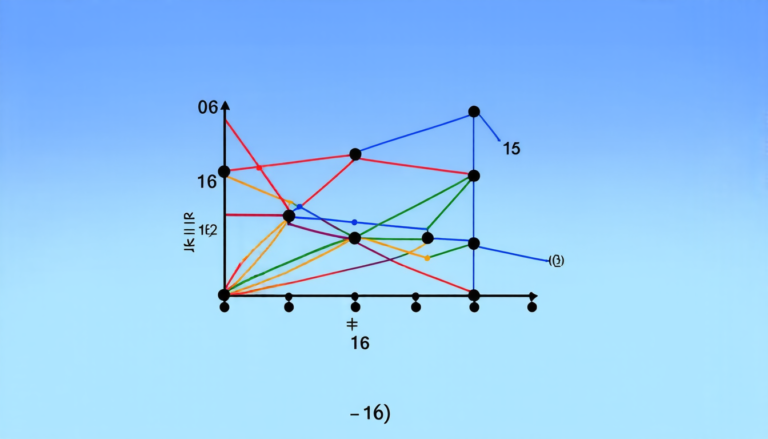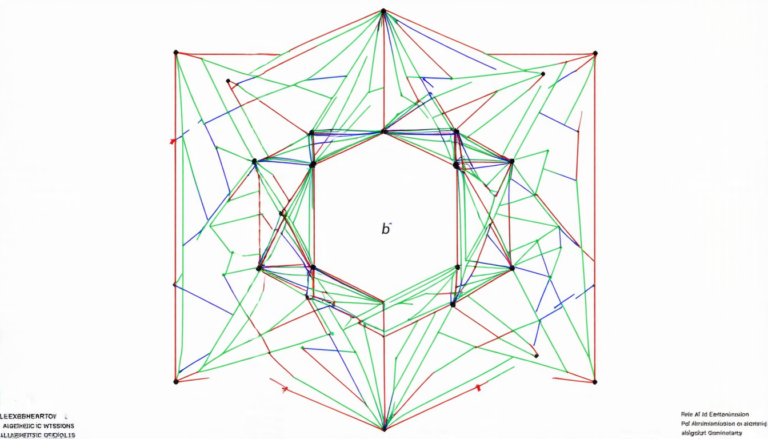Sunday 23 March 2025
In a recent study, researchers have made significant progress in understanding the properties of extriangulated length categories, a class of mathematical structures that play a crucial role in various areas of mathematics and computer science.
Extriangulated length categories are abstractions of algebraic structures, such as rings or groups, that can be used to model complex systems. They are characterized by their ability to encode the relationships between objects in a way that is both concise and expressive. This property makes them particularly useful for studying the behavior of complex systems, such as networks or databases.
One of the key findings of this study is the relationship between extriangulated length categories and another important mathematical concept called torsion classes. Torsion classes are sets of objects in an algebraic structure that satisfy certain conditions related to their relationships with other objects. The researchers showed that there exists a bijective correspondence between support τ-tilting subcategories and support torsion-free classes, which sheds new light on the properties of these structures.
The study also explores the notion of simple-minded systems, which are a fundamental concept in algebraic geometry. Simple-minded systems are abstractions of geometric objects, such as curves or surfaces, that can be used to model complex phenomena. The researchers demonstrated that simple-minded systems can be used to construct extriangulated length categories with specific properties.
This research has significant implications for various areas of mathematics and computer science. For example, it provides new insights into the behavior of complex networks and databases, which are crucial in many fields such as social media analysis or bioinformatics. Additionally, it opens up new avenues for the development of algorithms and data structures that can efficiently handle large-scale data.
The study’s findings also have potential applications in machine learning and artificial intelligence. By understanding the properties of extriangulated length categories and their relationships with other mathematical concepts, researchers may be able to develop more effective algorithms for tasks such as clustering or classification.
Overall, this research represents a significant advancement in our understanding of extriangulated length categories and their role in various areas of mathematics and computer science. It highlights the importance of interdisciplinary collaboration between mathematicians and computer scientists in advancing our knowledge of complex systems and developing new technologies that can benefit society.
Cite this article: “Advances in Extriangulated Length Categories: Implications for Mathematics and Computer Science”, The Science Archive, 2025.
Extriangulated Length Categories, Algebraic Structures, Rings, Groups, Complex Systems, Networks, Databases, Torsion Classes, Simple-Minded Systems, Algebraic Geometry







